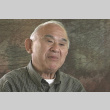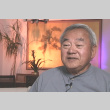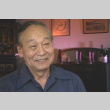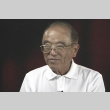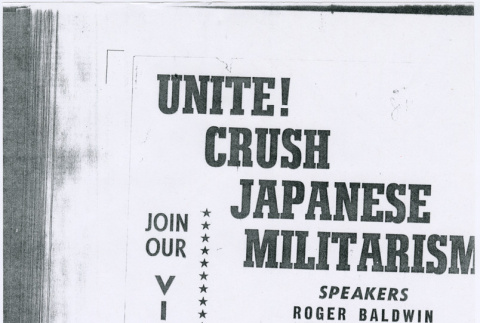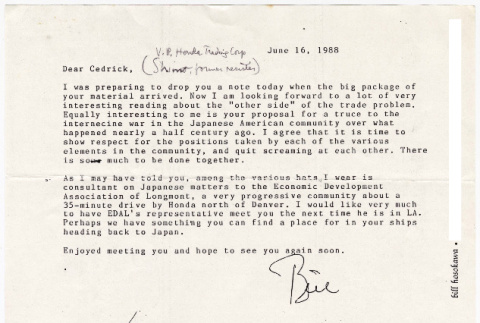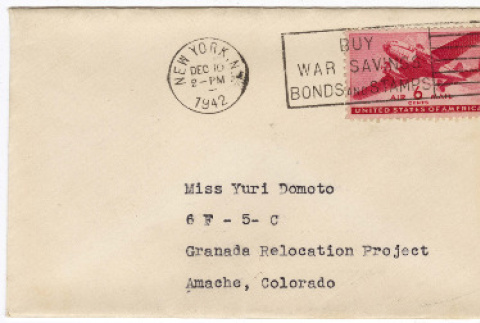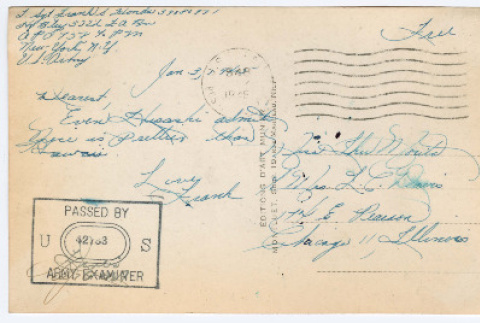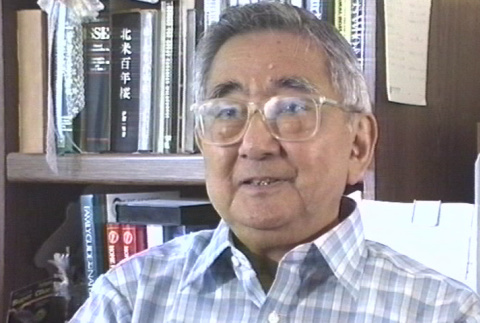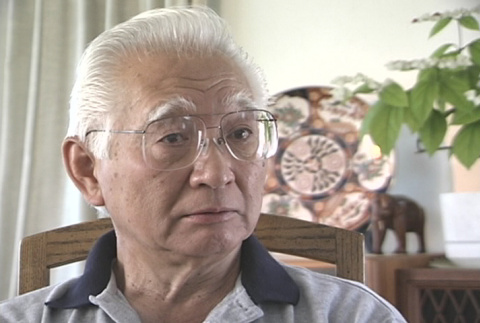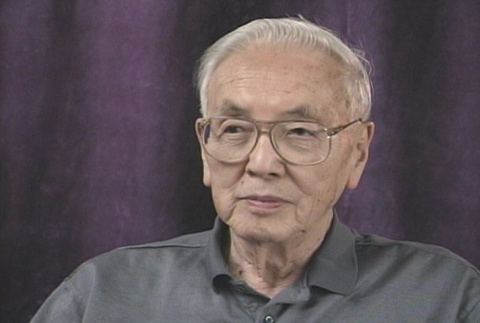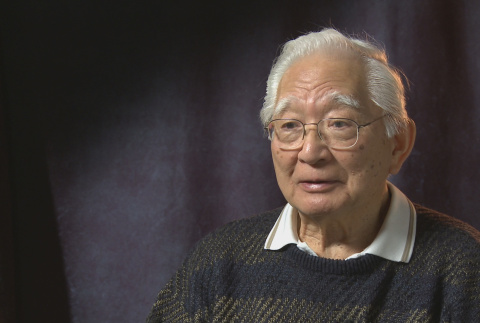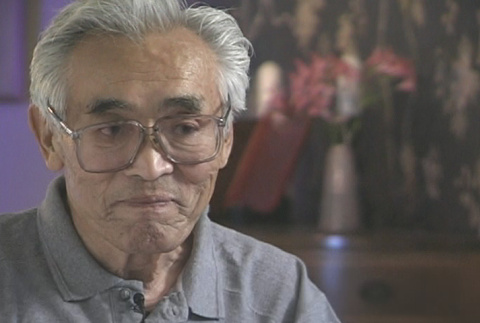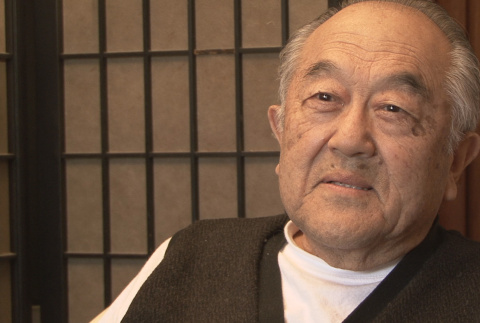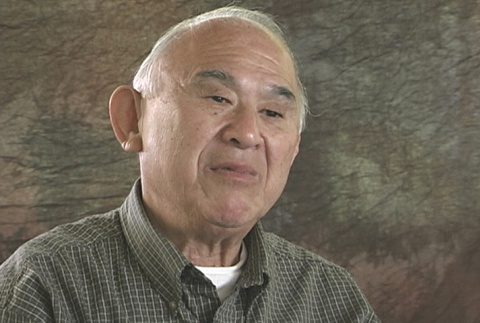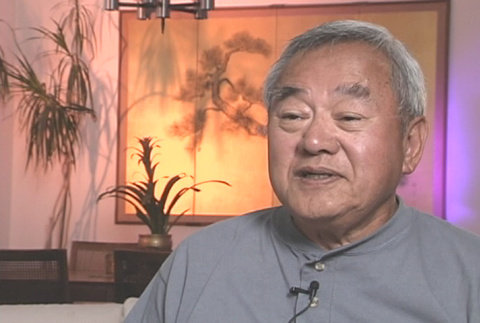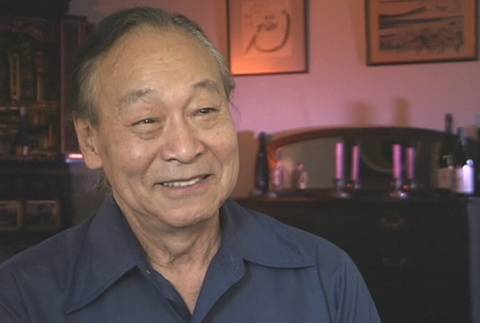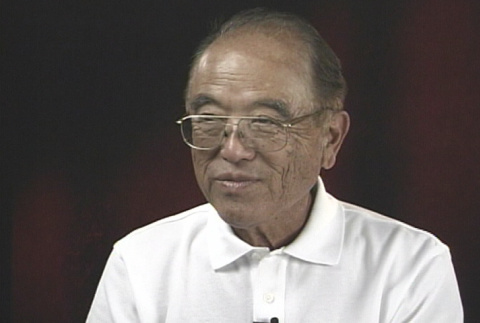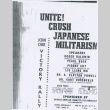Community responses to resistance
In December 1947, President Truman pardoned all wartime draft resisters, including Nisei from the concentration camps. The pardon removed the criminal convictions from the resisters' records. However, other Japanese Americans, including some U.S. Army veterans and leaders of the Japanese American Citizens League (JACL), continued to label resisters as disloyal, unpatriotic, cowardly "draft dodgers." Some Japanese Americans blamed the resisters for increasing the public's negative attitudes toward people of Japanese ancestry. These consequences affected many resisters for the rest of their lives. Despite an official JACL apology to the resisters in 2000, many Japanese American veterans' groups and others continue to harbor negative feelings toward the resisters. Legacies of the World War II ostracism of resisters contribute to ongoing division within Japanese American communities.
World War II
(231)
Resistance and dissidence
(84)
Community responses to resistance
(61)
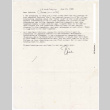
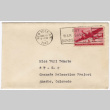
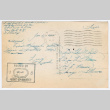
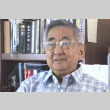
Interview was conducted over two days because of delays caused by technical difficulties.

Interview was conducted over two days because of delays caused by technical difficulties.

Interview was conducted over two days because of delays caused by technical difficulties.
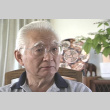

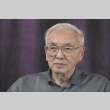

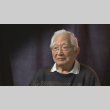


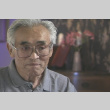
At the time this interview was taped, Mr. Watanabe was recovering from a recent series of cancer treatments.

At the time this interview was taped, Mr. Watanabe was recovering from a recent series of cancer treatments.
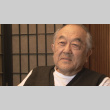
Due to technical difficulties during the taping of this interview, the interviewer's voice is considerably louder than the narrator's. This material is based upon work assisted by a grant from the Department of the Interior, National Park Service. …

Due to technical difficulties during the taping of this interview, the interviewer's voice is considerably louder than the narrator's. This material is based upon work assisted by a grant from the Department of the Interior, National Park Service. Any opinions, finding, and conclusions or recommendations expressed in this material …
